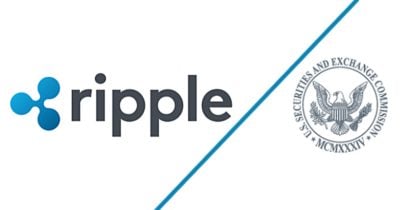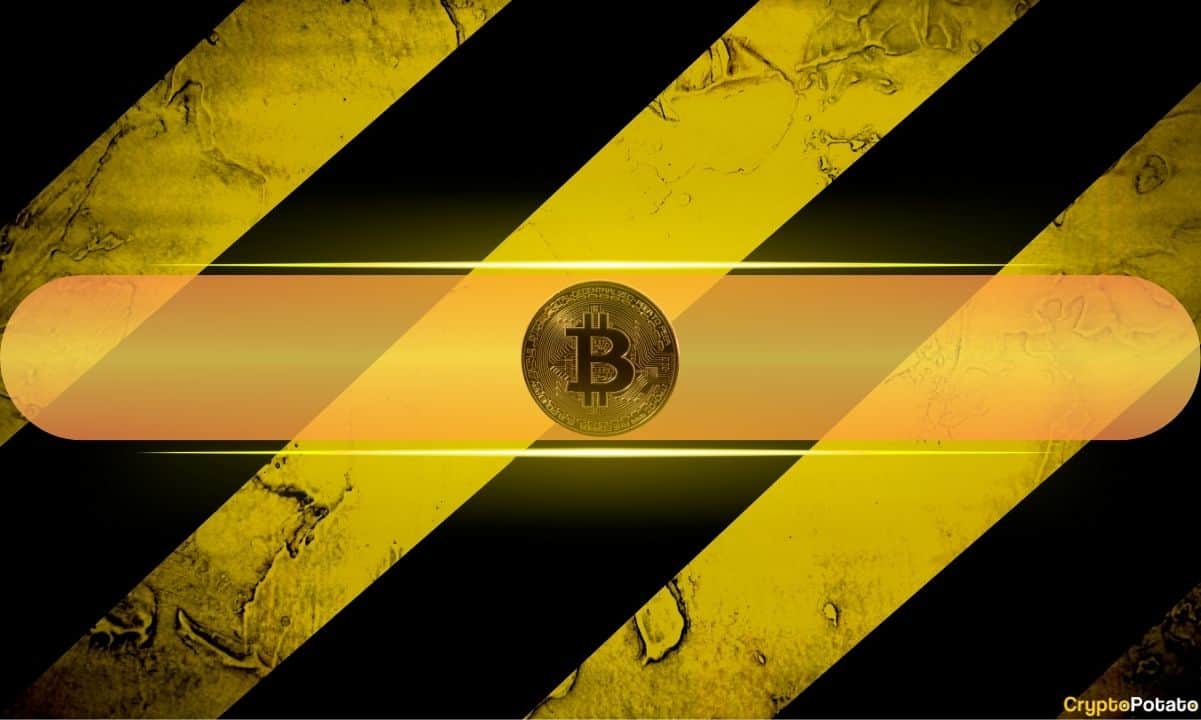Judge cites need for finality in court decisions as SEC and Ripple’s settlement deal is turned down.

Key Takeaways
- A federal judge denied Ripple and the SEC's joint request to scrap a permanent injunction and reduce a $125 million penalty.
- The court emphasized that modifications to final judgments require extraordinary circumstances under Rule 60(b).
A federal judge on Thursday denied a joint request from the SEC and Ripple Labs to slash a $125 million penalty and lift legal constraints on Ripple’s institutional XRP sales, keeping in place the injunction imposed in 2024, as announced by defense lawyer James Filan.
The motion, filed in the US District Court for the Southern District of New York, sought to implement a settlement agreement between the parties that would have eliminated the court’s permanent injunction requiring Ripple to comply with Section 5 of the Securities Act and cut the monetary penalty by 60%.
The case stems from the SEC’s 2020 lawsuit against Ripple, which alleges the company offered and sold XRP without registering it as a security. In July 2023, the court partially ruled in the SEC’s favor, finding that Ripple violated the Securities Act in its sales to institutional buyers.
The court issued its final judgment in August 2024, imposing a permanent injunction and a $125 million civil penalty, substantially less than the SEC’s requested $1 billion. Both parties appealed the decision to the Second Circuit, where the appeals remain pending.
Judge Analisa Torres rejected the request, citing the strict interpretation of Federal Rule of Civil Procedure 60(b), which governs such modifications to final judgments. The Supreme Court has consistently maintained that relief under Rule 60(b) should “only be applied in extraordinary circumstances” to preserve the finality of judgments.
This is a developing story.
Disclaimer
 3 weeks ago
11
3 weeks ago
11
















 English (US) ·
English (US) ·